Bringing Amayaga Back to Life: How a Simple Change is Making a Big Difference
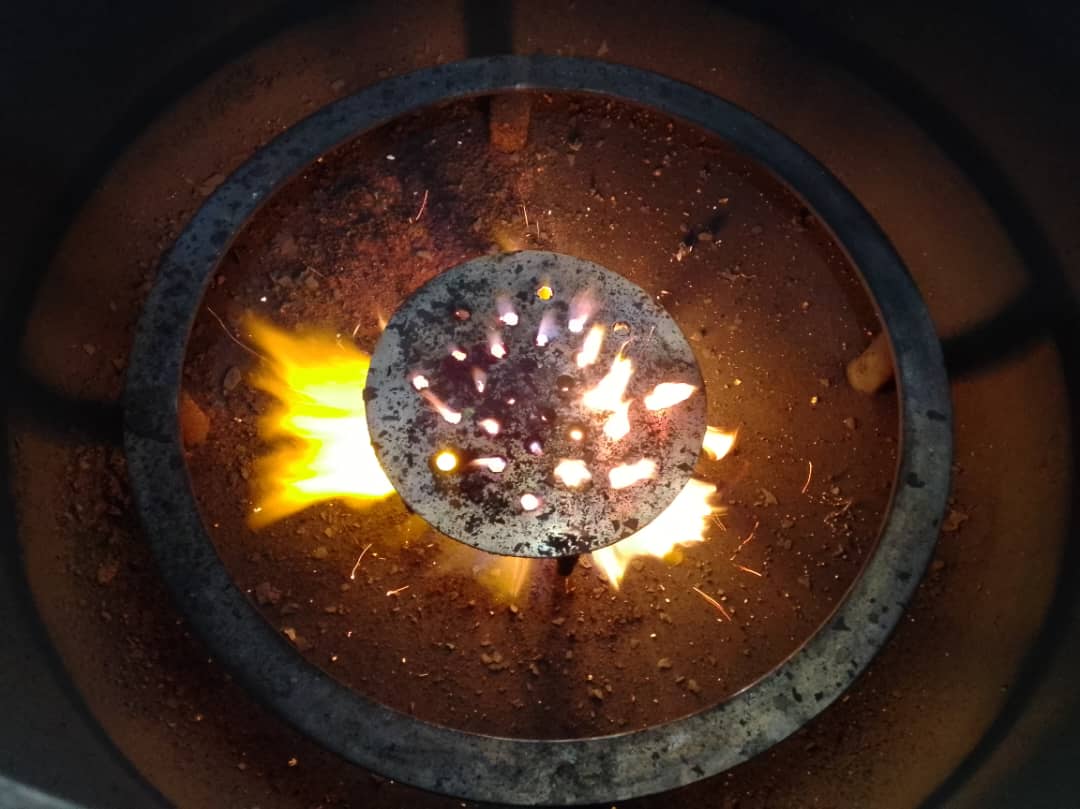
By Kwizera Juvenalis
For years, firewood has been the backbone of cooking in Rwanda, especially in rural areas. But behind the crackling flames lies a major problem—thick smoke that’s harmful to both people and the environment. Schools, prisons, and other large institutions rely heavily on firewood, accelerating deforestation and contributing to air pollution.
That’s exactly what the Green Amayaga Project is trying to change. Spearheaded by the Rwanda Environment Management Authority (REMA), this ambitious initiative is working to restore the once-degraded Amayaga region, covering Kamonyi, Nyanza, Ruhango, and Gisagara districts.
What used to be dry, almost desert-like land is now seeing forests return, thanks to tree-planting efforts, biodiversity conservation, and, crucially, a shift in how communities cook.
One of the project’s biggest moves has been introducing gas-powered cooking in schools and institutions. So far, 20 schools and institutions in Amayaga have switched to gas, each receiving 1,200-ton tanks to cut down their reliance on firewood.
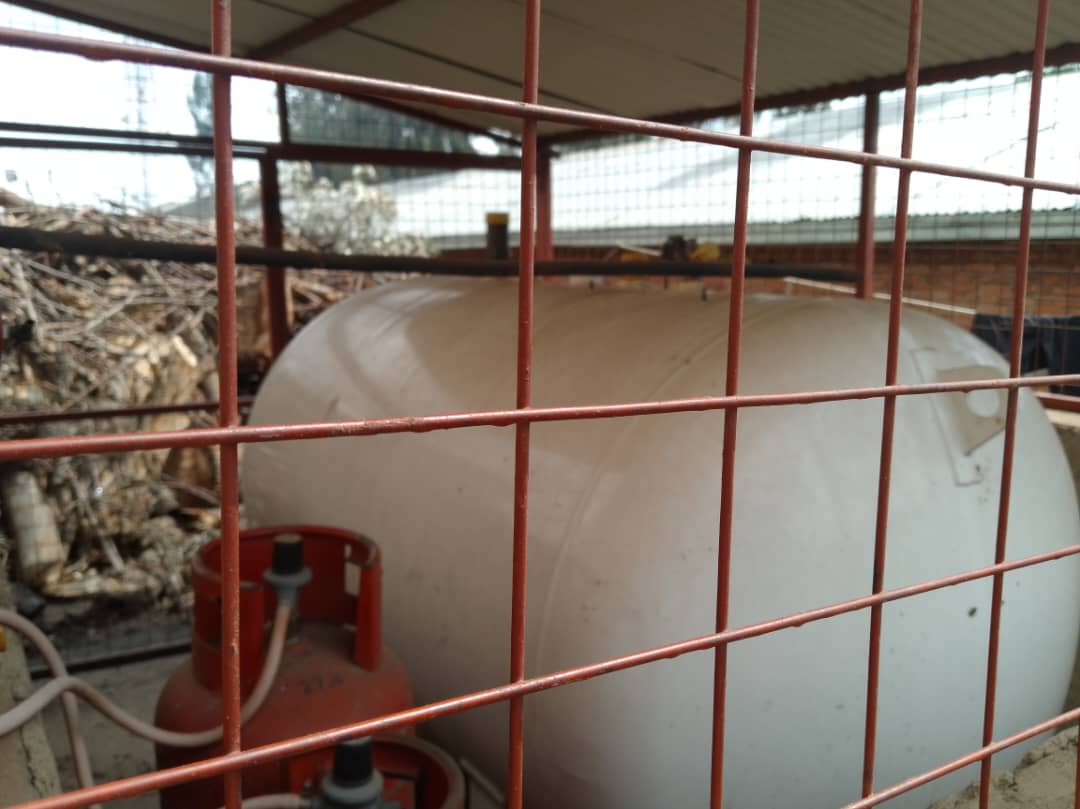
At Saint Bernadette de Kamonyi School, the impact has been immediate.
“Before, our kitchen was always filled with smoke. It made our eyes sting, and cooking took forever. Now, the air is cleaner, meals are ready on time, and we use way less firewood,” said Father Mbarushimana André, the school’s deputy headmaster.
For the 1,600 students who rely on the school’s meals, this change isn’t just about cleaner air—it’s about efficiency. Gas cooks faster, meaning students no longer have to wait too long for food. Financially, the school is also seeing a major shift.
“We used to spend over 4 million Rwandan francs per term on firewood. With gas, we’ve cut that down to about 2.4 million. That’s a big relief,” Father André added.
For those working in the school’s kitchen, the transition has been life-changing.
“We used to spend hours inhaling smoke. It burned our eyes, made it hard to breathe, and we were always worried about getting sick,” said Claude Mugiraneza, one of the school cooks. “Now, things are much better. We still use some firewood, but way less than before. Hopefully, we’ll switch to gas completely soon.”
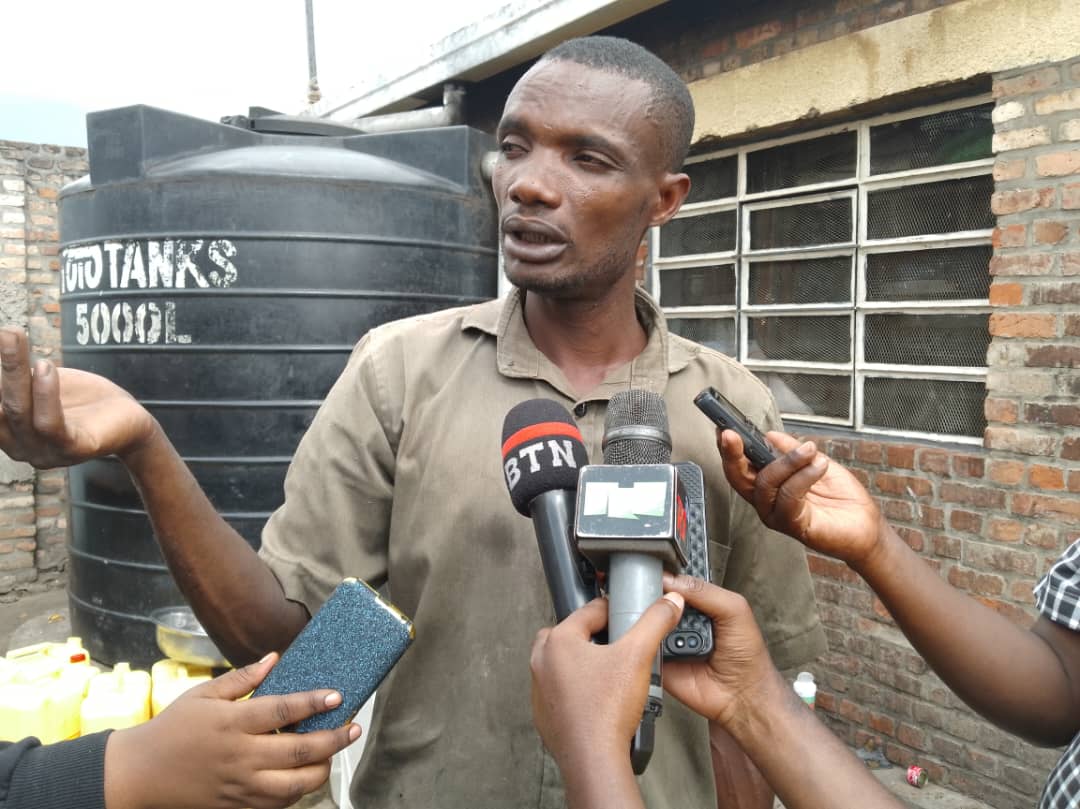
According to Cyprien Ngendahimana, Communications Officer at REMA, the shift to gas is just one part of a bigger effort to restore Amayaga’s ecosystem.
“We’re already seeing forests come back, and trees planted on farms are helping improve soil fertility while tackling malnutrition. The project is also helping communities by providing livestock and energy-efficient cookstoves,” he explained.
Beyond gas, 21,000 improved cookstoves (rondereza) have been distributed to homes in Amayaga, cutting firewood use by 55%. Meanwhile, over 304 million Rwandan francs have been invested in setting up gas installations in four institutions in the region.
At the national level, the Rwanda Forestry Authority (RFA) is pushing toward an even bigger goal—restoring 2 million hectares of degraded land by 2030.
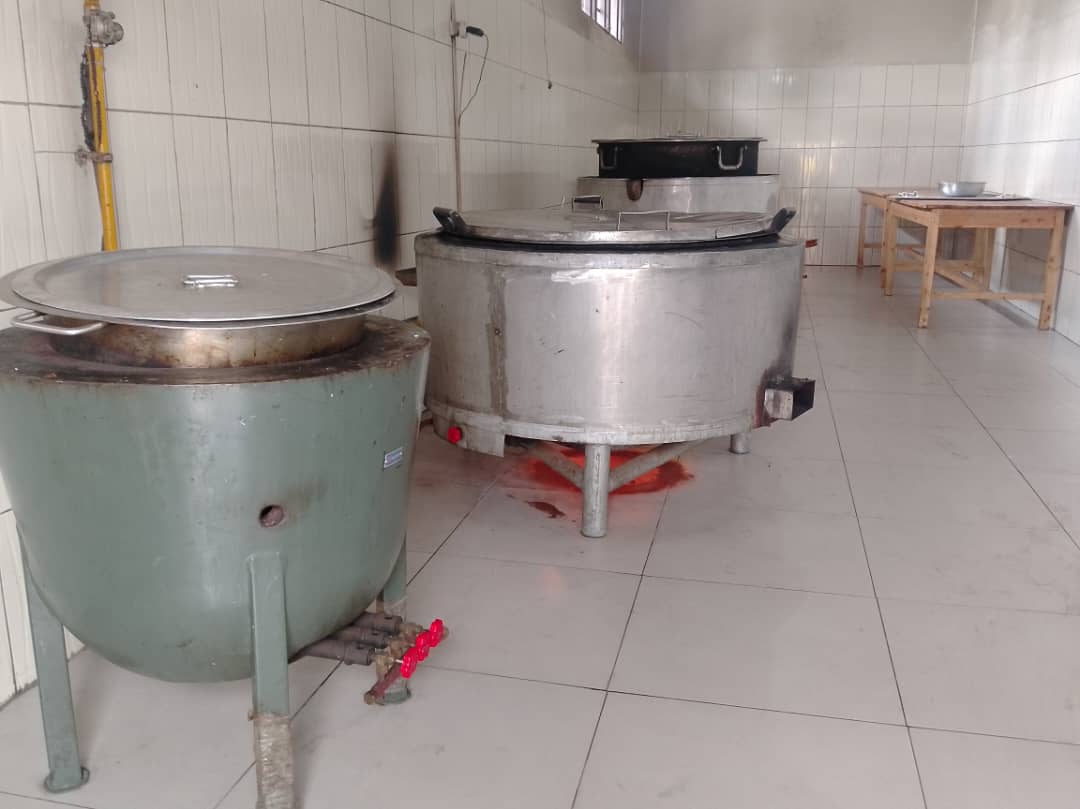
With schools and institutions shifting to cleaner cooking methods, forests regrowing, and communities breathing fresher air, the Green Amayaga Project is proving that change is possible. It’s not just about the environment—it’s about people, their health, their livelihoods, and the future of Rwanda’s landscapes.
One thing is clear: Amayaga’s transformation is only just beginning.
Related Articles
The SFERE Clean Cooking Awareness Campaign: Advancing Solutions Through Community Engagement
Progress in clean cooking is happening one step at a time through...
Strengthening Rwanda’s SMEs for Circular Food Systems: Embedding Circularity Beyond Project Implementation for Long-Term Transformation
As Rwanda advances its circular economy ambitions, small and medium-sized enterprises (SMEs)...
Powering Food, Restoring Land: How Renewable Energy and Regenerative Agriculture Are Transforming Rwanda’s Farms
Across Rwanda’s rolling hills, a quiet revolution is underway. It begins in...
Late February Weather Alert: Heavy and Above-Average Rainfall Forecast Across Rwanda
The Ministry in charge of Disaster Management (MINEMA) has issued a weather...


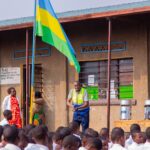


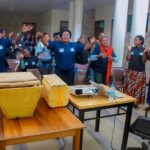
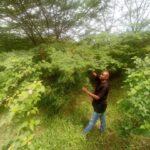


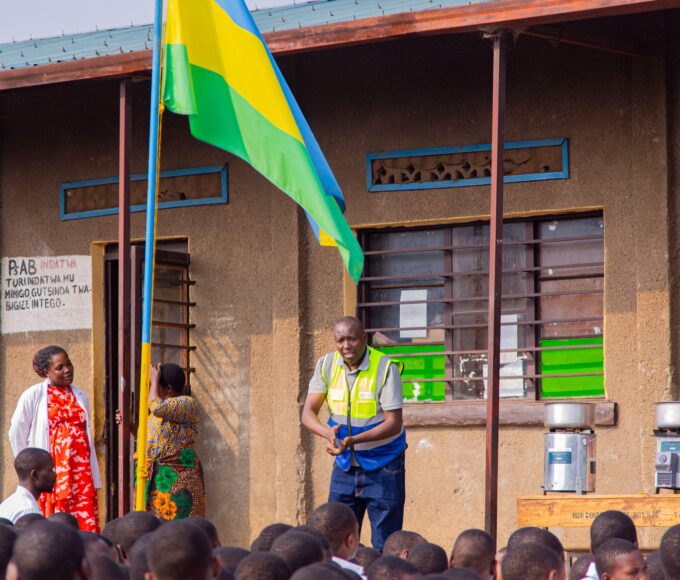
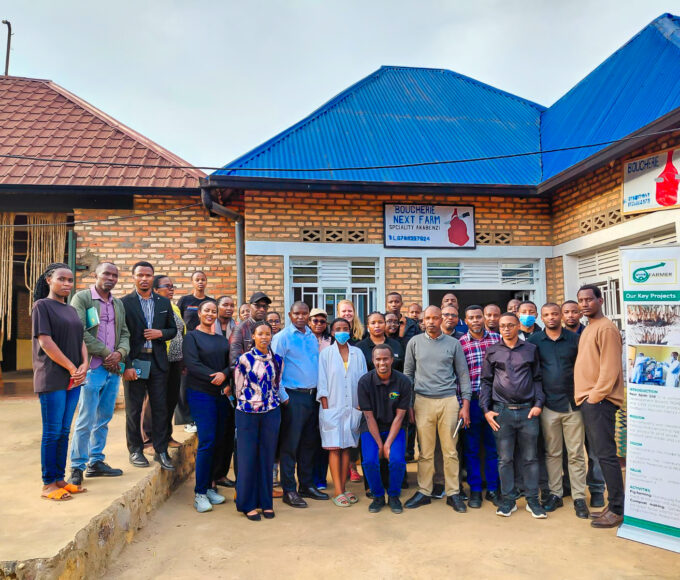

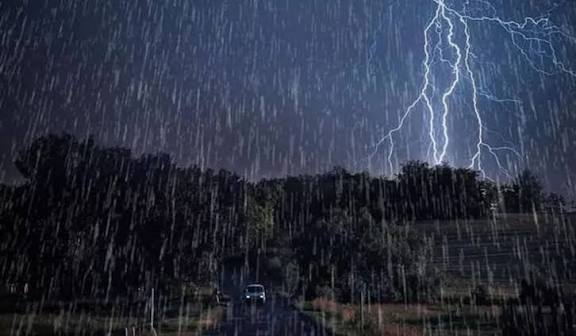
Leave a comment